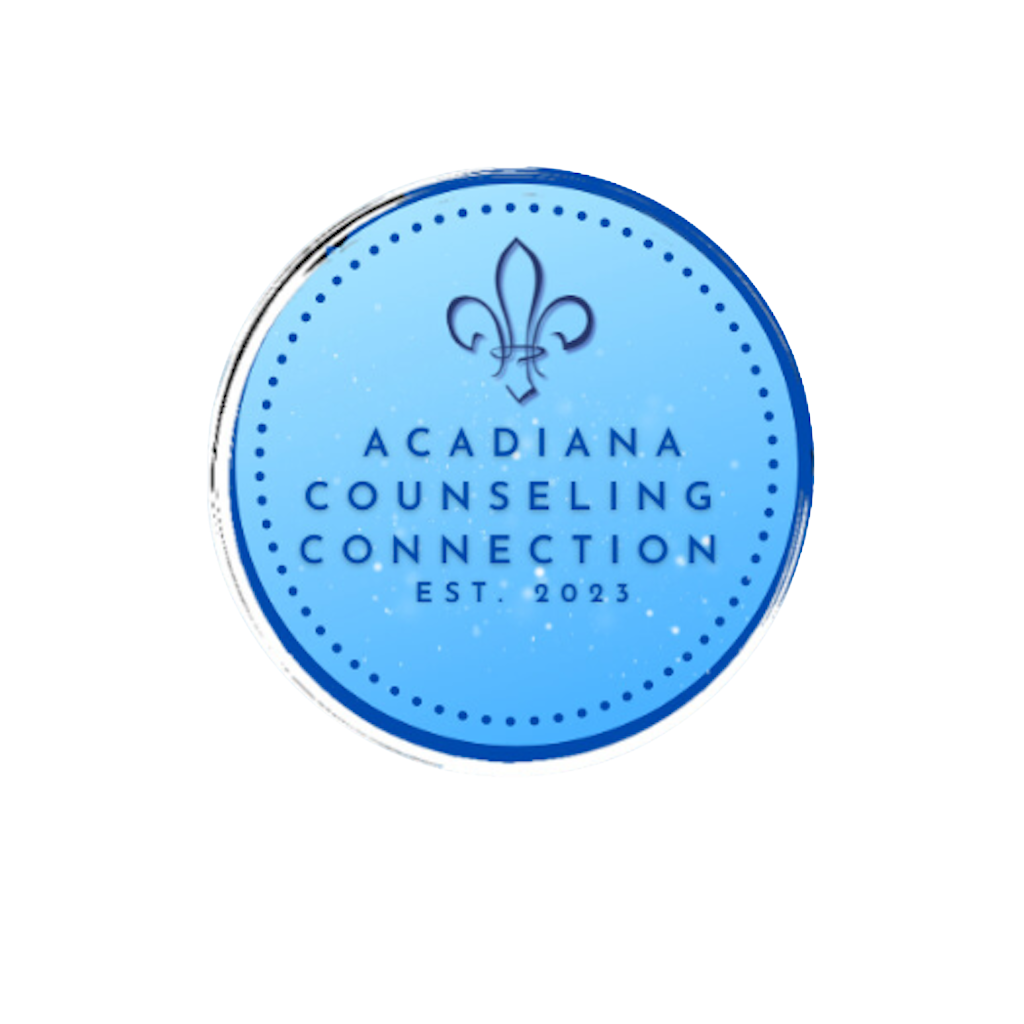Beyond Bubble Baths: What Real Self-Care Looks Like
When most people hear the phrase “self-care,” images of bubble baths, scented candles, or a night of indulgence might come to mind. And while there’s nothing wrong with these soothing rituals—they can be a lovely way to relax—they only scratch the surface of what true self-care really is.
Real self-care goes far deeper than pampering. It’s about creating habits, mindsets, and boundaries that help you protect your emotional and mental health, strengthen your relationships, and give you the tools to navigate life’s ups and downs. Think of it less as an occasional treat and more as an ongoing practice of taking care of your whole self.
The Deeper Layers of Self-Care
Emotional Regulation
Life is unpredictable, and emotions can feel overwhelming at times. Self-care includes the ability to notice what you’re feeling and choose healthy ways to cope. This might mean pausing to breathe deeply when stress spikes, journaling to process your thoughts, or practicing mindfulness to stay grounded in the present.
Emotional regulation doesn’t mean “stuffing down” feelings or pretending to be okay—it’s about giving yourself permission to feel while learning how to move through emotions without letting them control your actions.
Setting Boundaries
Sometimes, the most powerful form of self-care is simply saying “no.” Setting boundaries protects your energy, your time, and your mental space. Whether it’s not answering work emails after hours, limiting time with people who drain you, or carving out alone time without guilt, boundaries are what allow you to show up fully when it really matters.
Think of boundaries as invisible fences that define what’s okay and what isn’t for your well-being. Without them, burnout, resentment, and exhaustion are quick to follow.
Managing the Mental Load
So much of what wears us down isn’t just what we do—it’s what we carry in our minds. The “mental load” is that invisible list running in the background: remembering appointments, keeping track of bills, checking in on loved ones, planning meals, and juggling responsibilities.
Self-care in this area might look like writing things down instead of holding them in your head, using apps or planners to organize tasks, or asking family members to share the load. Offloading some of the mental burden creates breathing room for clarity and calm.
Asking for Help
One of the hardest, yet most healing, acts of self-care is reaching out for support. Asking for help can feel vulnerable, but it’s actually a sign of strength. Whether it’s confiding in a friend, leaning on family, or seeking counseling, allowing others to walk with you through struggles lightens the weight.
Remember: self-care is not meant to be done alone.
Connection as Self-Care
When we think of self-care, we often imagine things we do solo—but human connection is one of the most vital forms of care. Talking with trusted people who truly listen, spending time with loved ones, and being part of a supportive community nourish us in ways that no bubble bath ever could.
This truth feels especially important during Suicide Prevention Week. Connection saves lives. Isolation can amplify pain, but feeling heard and seen can make all the difference. Checking in on friends, saying “I’m not okay” when you’re struggling, or even joining a support group are not just acts of kindness—they are powerful forms of self-care.
Sometimes, the best way to care for yourself is to let others in.
Actionable Ways to Practice Real Self-Care
If you’re ready to move beyond the surface level, here are a few simple but powerful practices to try:
Set one small boundary this week. Maybe it’s not checking emails after dinner, or saying no to one obligation that drains you.
Write out your mental load. Put every task on paper, then decide which ones you can delegate, delay, or drop.
Schedule a check-in. Take 10 minutes daily or weekly to ask yourself: How am I feeling? What do I need?
Practice self-compassion. When you notice self-criticism, pause and ask: What would I say to a close friend in this situation?
Reach out. Call a trusted person or consider scheduling a counseling session. Support is a form of care.
How Counseling Can Help
Counseling is one of the most impactful ways to deepen your self-care practice. At Acadiana Counseling Connection, we help clients:
Learn effective emotional regulation strategies
Identify and strengthen personal boundaries
Reduce overwhelm by managing the mental load
Build supportive relationships and connections
Whether you’re feeling weighed down by stress, navigating a season of change, or simply wanting to take better care of yourself, counseling provides a safe and supportive space to grow.
You don’t have to figure it all out on your own. Support is here.
📞 337-205-3064
📧 info@acadianacc.com
